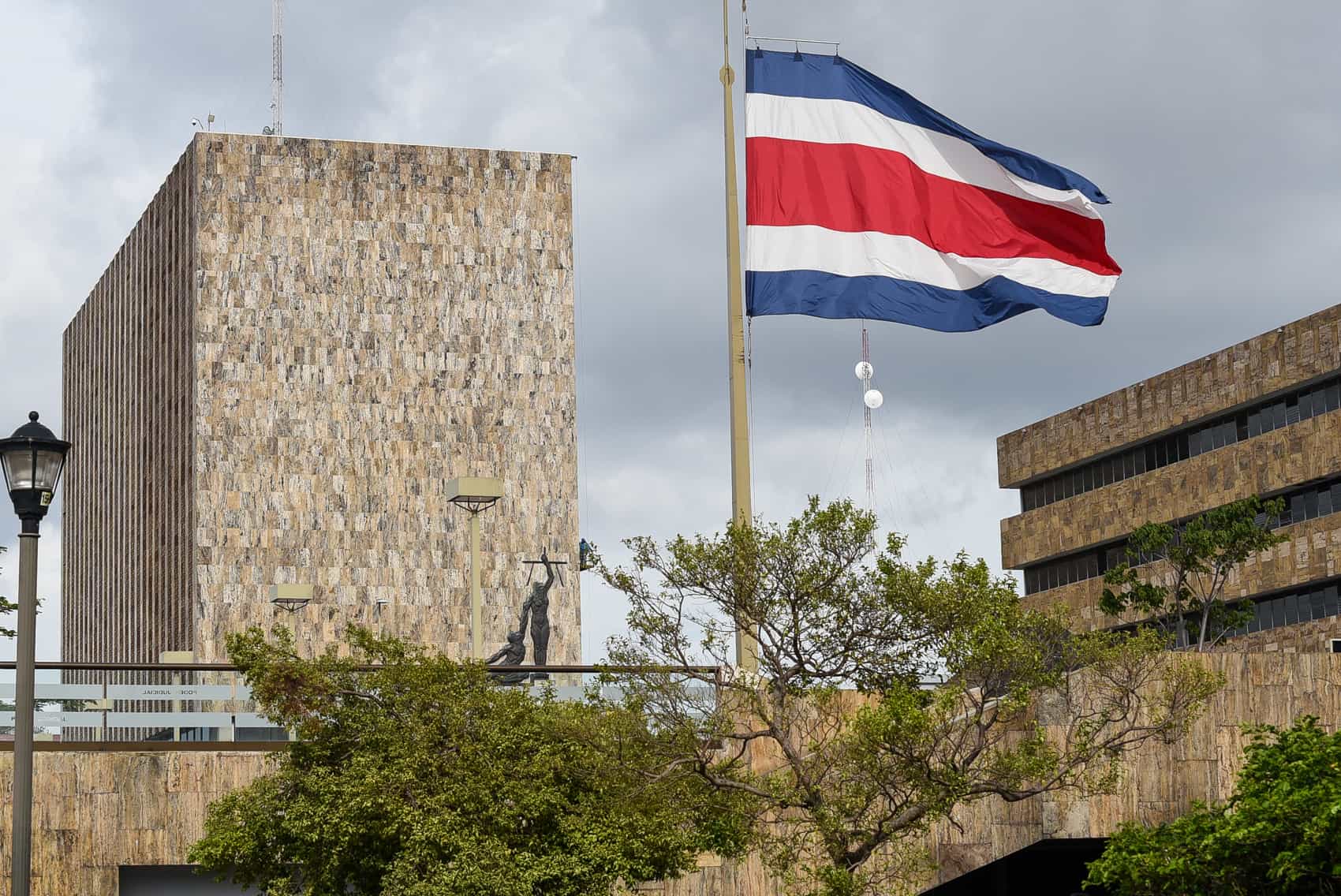Six mayors of Costa Rican cities, including that of the capital, San José, were arrested Monday as part of an investigation into corruption in public works, reported the Judicial Investigation Agency (OIJ), in charge of the case.
The former presidential candidate and current mayor of the municipality of San José, Johnny Araya, as well as the mayor of Cartago, Mario Redondo — twice a deputy and former president of the Legislative Assembly — were among those apprehended.
Araya was mayor of the capital from 1998 to 2013. He then resigned to run for the Presidency. After losing the contest, he returned to win the municipal seat in 2016 and was reelected in 2020.
The mayors of Escazú, Alajuela, Osa and San Carlos were also detained. So too were other municipal officials and representatives of the construction firms MECO and Explotec.
There were also proceedings in the cities of San Ramón, Golfito and Siquirres.
The case, called “Diamante,” entailed 83 raids in municipalities of the country, as well as in houses, to investigate alleged crimes of bribery, influence peddling and corruption.
As described by Wálter Espinoza, director of OIJ, the investigation began in April 2019 and lasted until August 2021 and again involves the construction company MECO.
This firm is already involved in the “Cochinilla” case, which broke out in June in Costa Rica. That scandal regards the alleged embezzling of public funds of 78 billion colones (around $126 million) and is also related to the payment of bribes in exchange of works.
For this case, the owner of the company, Carlos Cerdas, who in 2018 admitted having paid gifts for public works contracts in Panama in the so-called Blue Apple case, remains in custody.
“The concentric point is the MECO company, which is the one that participates in the bids, the one that generates accommodations in the cartels, the one that makes suggestions, the one that cancels gifts and the municipalities function as areas in which money can be obtained beyond of which a tender would normally produce,” Espinoza said.
Glen Calvo, from the Anticorruption Prosecutor’s Office, explained that “the criminal structure has been directly involved in carrying out acts of corruption in the infrastructure sector,” specifically in 15 projects that include road maintenance and construction of sidewalks, parks and levees.
According to the OIJ, all those apprehended were transferred to the judicial authorities to take their statements, while the Prosecutor’s Office requested a hearing for the request for precautionary measures.






